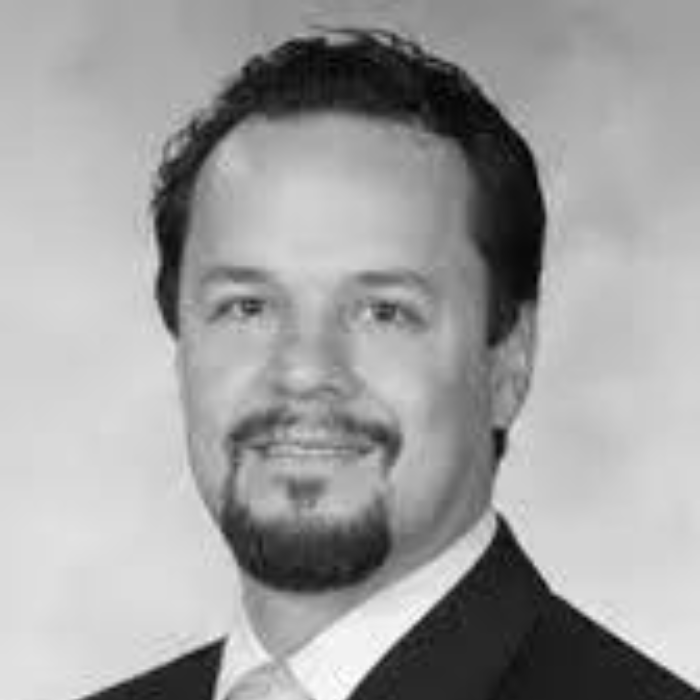The doctor-patient relationship is built on advocacy. We advocate for our patients every day: ensuring they receive the right diagnoses, treatments, and support for their health needs. However, advocating at the bedside is not enough. To truly transform healthcare, physicians must expand the scope of their advocacy.
Dr. Jonathan Torres, longtime ACOFP member and volunteer leader, is taking his advocacy to the next level by running for a state legislature seat in his home state of New Jersey. Steve Legault, ACOFP Director of Knowledge, Learning, and Assessment, interviewed him recently for the acofpdo.fm advocacy podcast to learn more about his activism and what led him down this path.
The Personal Journey of an Advocate
As an osteopathic family physician, Dr. Torres has witnessed firsthand the issues plaguing healthcare delivery and access. “I went through medical school with the dream of getting into medicine and taking care of patients. But I wound up continually running into the same barriers. I'd prescribe a medication and then spend several hours writing and on calls, appealing decisions, and several weeks or even months might go by before they got the care that they required.” He
now appreciates more the connections between “traditional” health care problems and social determinants of health such as access to healthy food, financial resources, and what jobs people need to do to provide for their families.
The endless paperwork and claim rejections were taking a toll on Dr. Torres and, more importantly, on his patients' health. After hitting walls with every advocacy approach he tried, Dr. Torres decided to take his fight to the policy arena. He recognized that if physicians don't have a seat at the table, the policies shaping healthcare delivery will lack an essential perspective.
Impacting Patient Care
As more doctors follow Dr. Torres' lead, embracing advocacy roles, they can help spark a positive chain reaction, one that could fundamentally improve medicine for doctors and patients alike.
Torres says that the people making decisions don't always have a sense of the consequences. Physicians are trained to accumulate information and put it together into something that makes sense to us. When we have evidence, we need to break it down in a way that is easy to understand and easy to remember. All of us have thousands of personal stories that can help shape legislation.
Torres hopes to see changes that restore power to patients and that reduce frustration for both the physician and the patient while getting the patient the care they need. Because legislators are elected, they're beholden to patients. Torres will sometimes look up a patient’s representatives and then suggest that they call their offices. The human connection of an actual voice on the other end of that phone, conveys so much more than letters.
How to Make a Difference
First, get involved in the policymaking process. Bring your medical perspective to the forums influencing healthcare delivery.
Second, build alliances to increase your policy impact. Combining forces amplifies a cause's visibility and makes it more difficult for policymakers to ignore. National organizations like ACOFP as well as state societies and specialty societies put together resources and infrastructure so that no one is working on their own. Many important policies are set locally. Your state association can help you advocate for what you need in that state.
Finally, have patience and persist. Achieving systemic change takes time. There is no shortage of work to be done. Everybody who contributes helps move the profession forward and advance the care patients can receive.
Listen to the full conversation between Dr. Torres and ACOFP.






Leave a commentOrder by
Newest on top Oldest on top